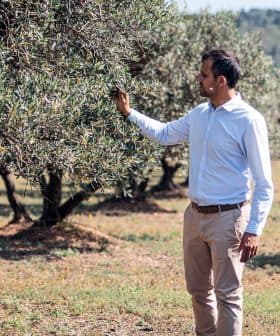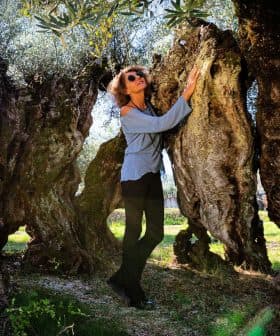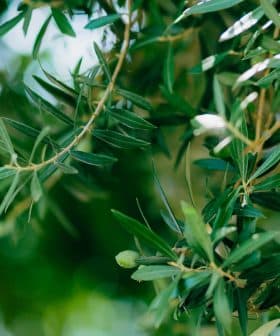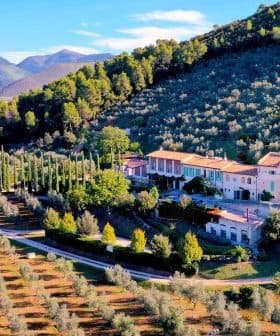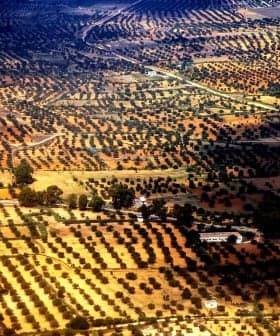Sales Slump, Drought, Hit Already Struggling Sicilian Farmers
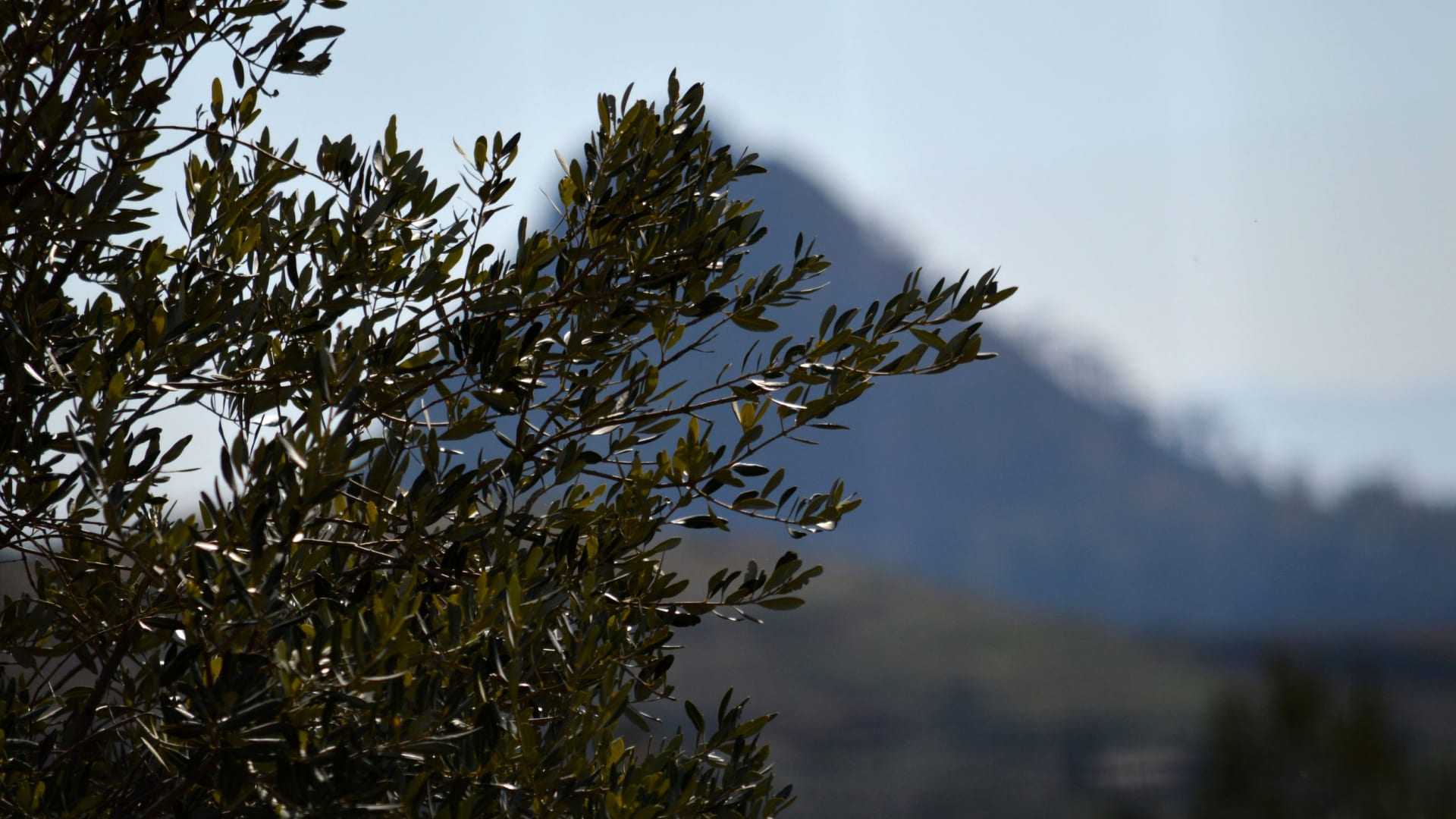
 May. 11, 2020 09:21 UTC
May. 11, 2020 09:21 UTCSicilian farmers are facing a sales slump and drought after seven weeks of lockdown, with consumers opting for cheaper imported olive oils over local extra virgin oils. The government has promised financial assistance, tax reductions on water use, and a new certification to help farmers overcome these challenges.
After seven weeks of a lockdown, things aren’t getting any easier for Sicilian farmers. Now they face two new adversaries: a sales slump and a drought.
Consumers should be wary of the low-cost olive oils on the market because, when it is sold at a price that low, it can not be a true extra virgin.
Olive oil sales, in general, have been robust during the Covid-19 lockdown, but this has not benefited producers of Sicilian extra virgin olive oil. Consumers are leaving their products on the shelves in favor of cheaper blends made from imported oils, mostly from Spain and Tunisia. With restaurants and hotels shuttered for the duration of the lockdown, Sicilian farmers have seen their sales drop by 80 percent since the restrictions went into effect.
The rise of imports and the pricing race to the bottom have dealt yet another blow to producers who were already struggling amid the general economic uncertainty, the local branch of farmers association, Coldiretti, stated in a press release. The association warned that the cheap prices would bring about a “deep crisis” for producers.
See Also:Producers: Spanish Olive Oil Prices Inconsistent With Market ConditionsFarmers and packagers are having to store some of the most well-known PDO (protected designation of origin) and PGI (protected geographical indication) oils because they have not been able to sell them.
While it may take another month or so to make a reliable prediction about the upcoming harvest season, Coldiretti Sicilia noted that it looked promising. Meanwhile, farmers are looking worriedly at current market conditions and the enduring effect of the epidemic on the local economy.
“Olive oil is one of the most relevant agricultural products of the island, and in 2019 its yield reached 35,000 tons. Consumers should be wary of the low-cost olive oils on the market because, when it is sold at a price that low, it can not be a true extra virgin [oil],” wrote Coldiretti.
On top of the market turmoil, Sicily is also facing one of its most intense droughts to date. The local water authority has called for water cuts of up to 15 percent for farmers in the Trapani province, and up to 33 percent in the Palermo area. The authority has asked farmers to revive unused wells and encouraged growers to dig new wells by promising fast passage through the red tape.
Antonino Cossentino, president of the Italian Confederation of Farmers, asked officials for incentives to use old wells, noting that it was expensive to revitalize them.
The local government has promised financial assistance for farmers and producers in response to the challenges. Sicilian Secretary of Agriculture Edy Bandiera said the first tranche of €50 million ($53.93 million) will be awarded to the farmers hardest hit by the effects of the pandemic in the form of direct grants and fiscal incentives.
Sicilian farmers will see a reduction in taxes on water use for the remainder of the year. To help farmers reach local and international markets, the Sicilian government has also announced the initiative “Made in Sicily,” a new certification for high-quality local products. The government said it hopes to launch the certification within a few months.


 Paolo DeAndreis
Paolo DeAndreis